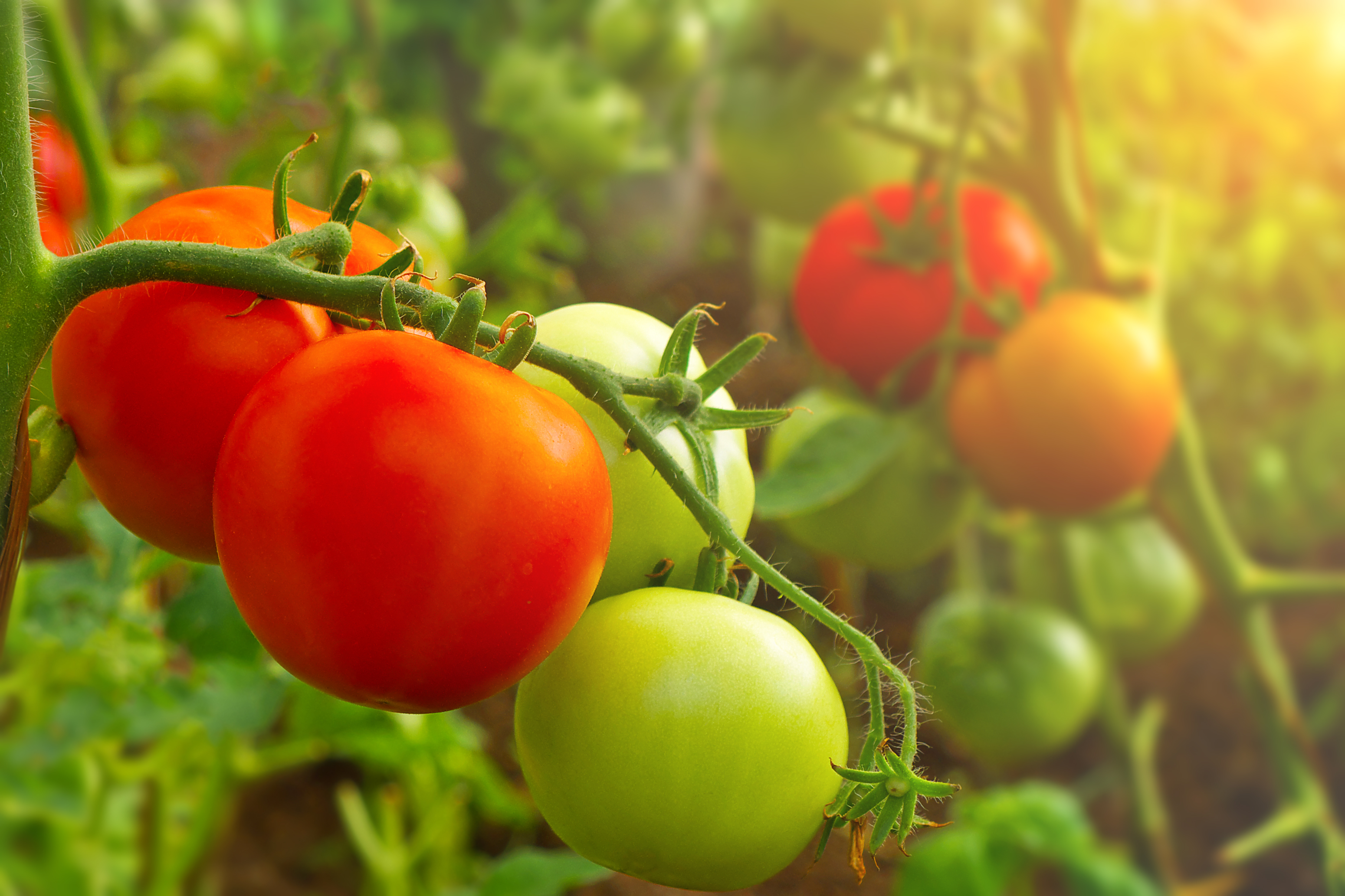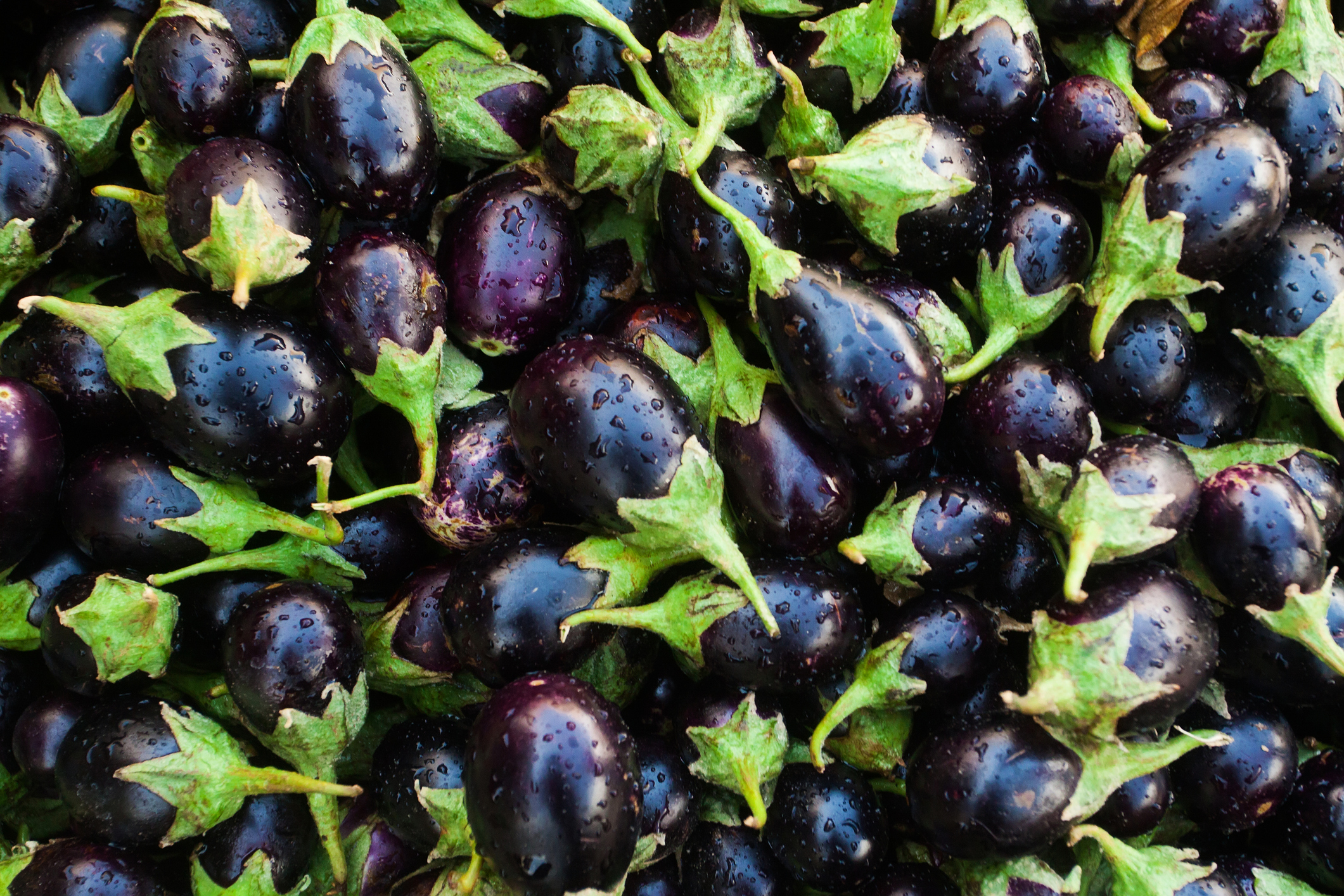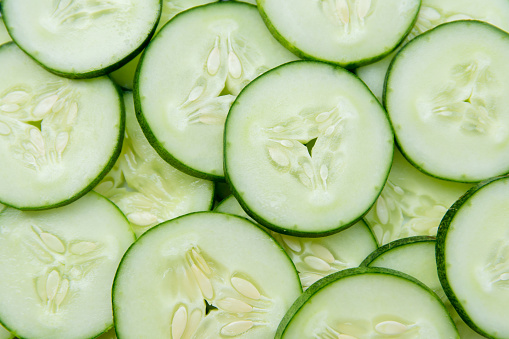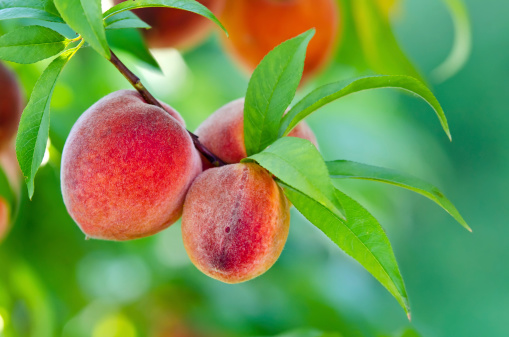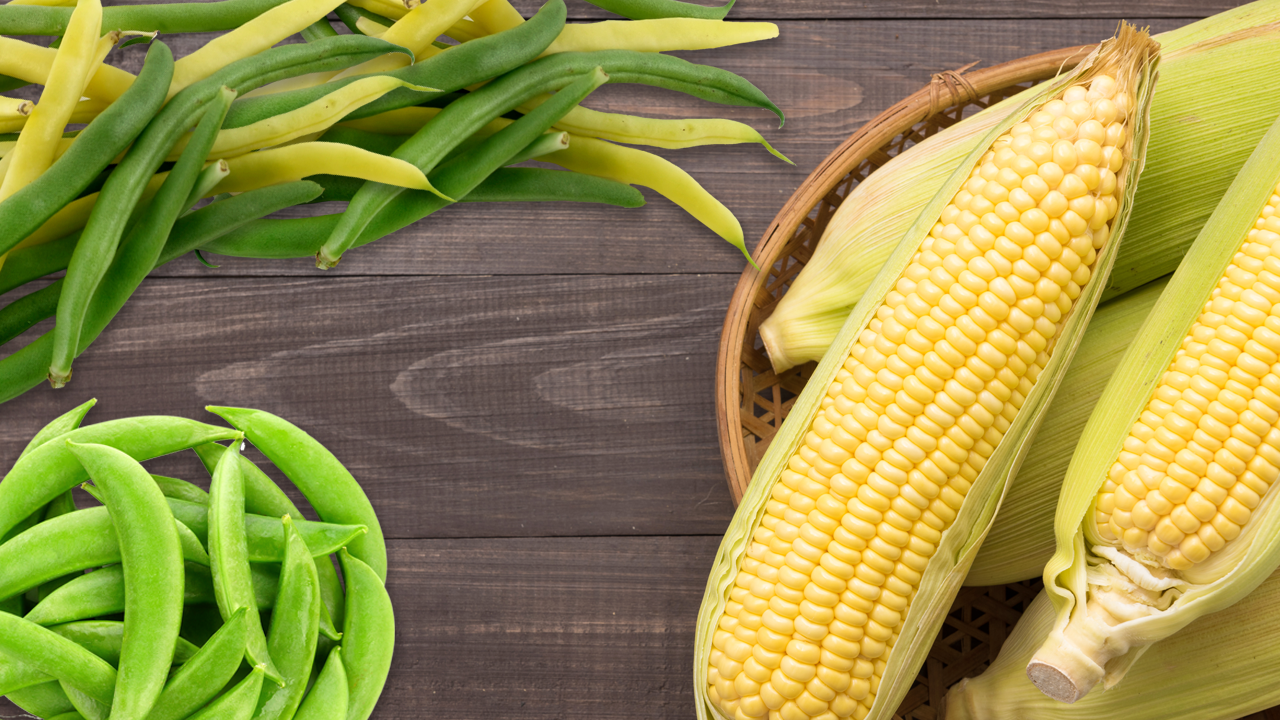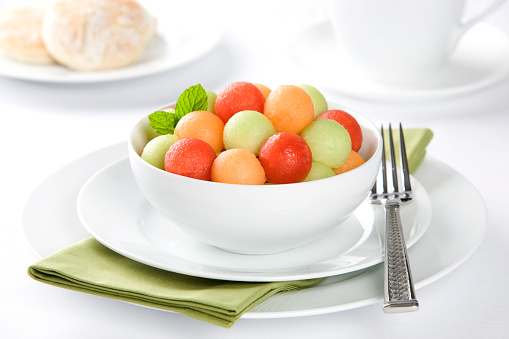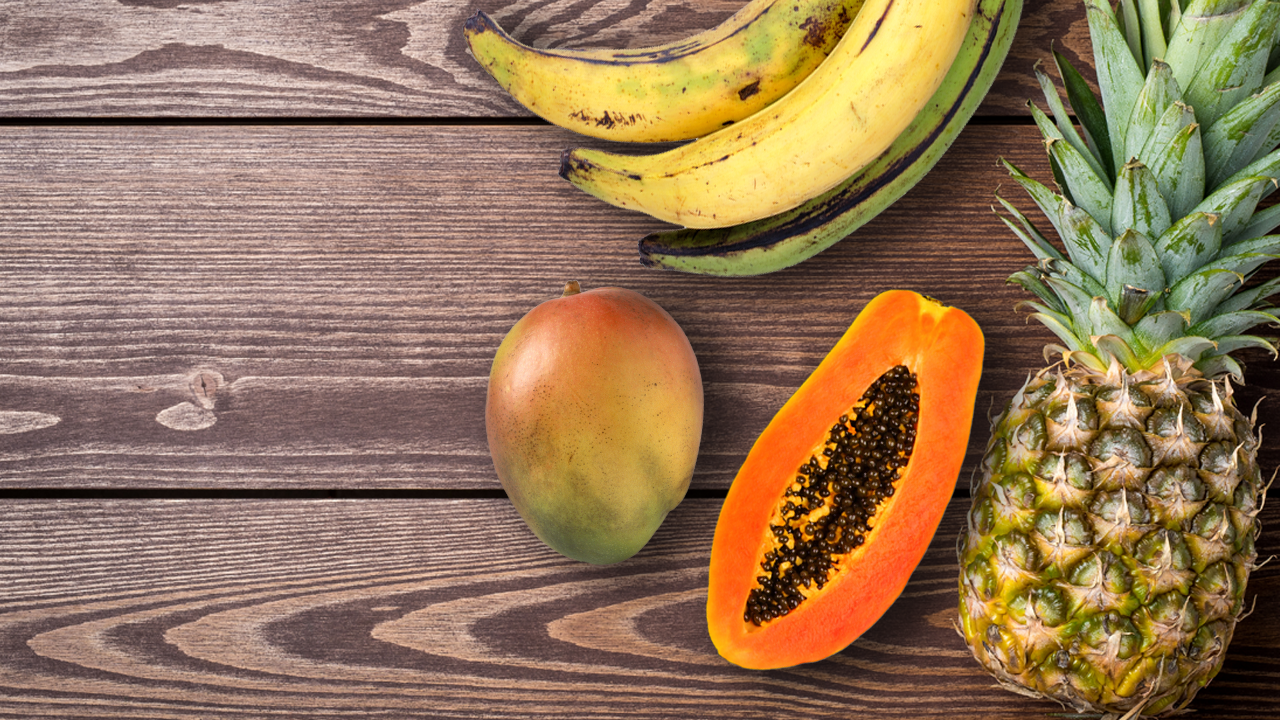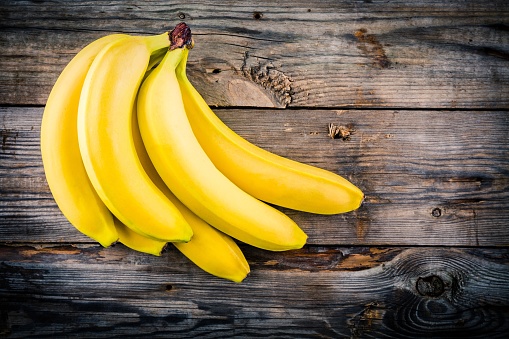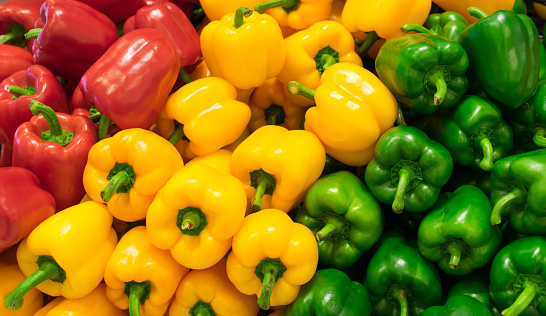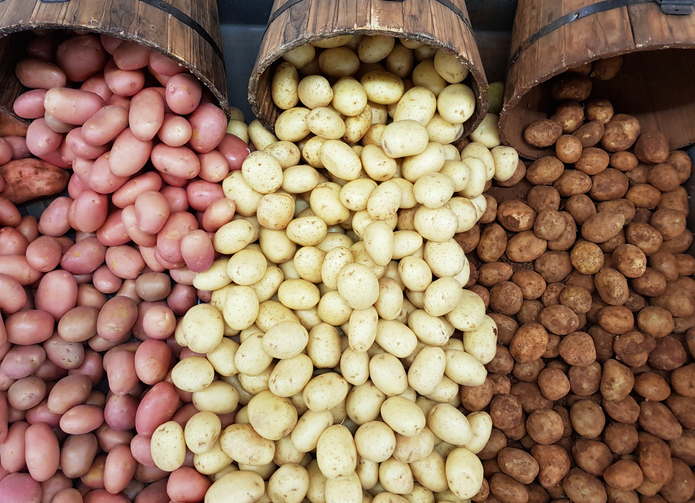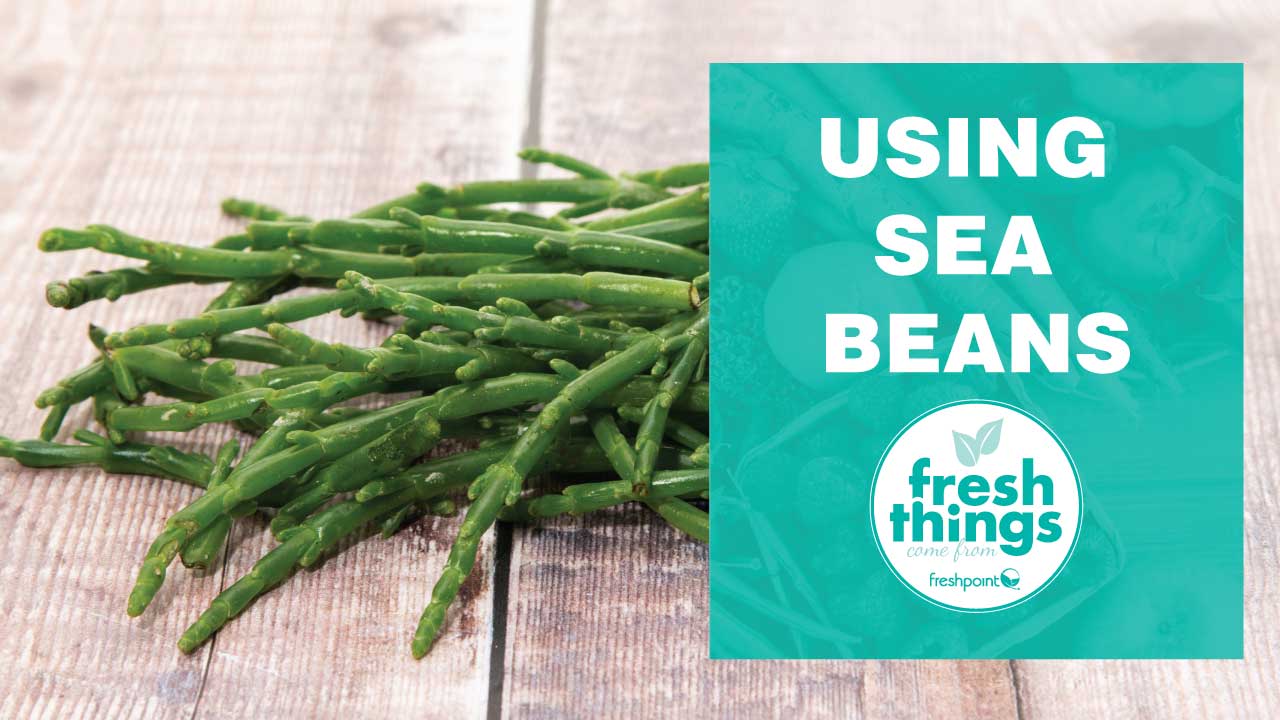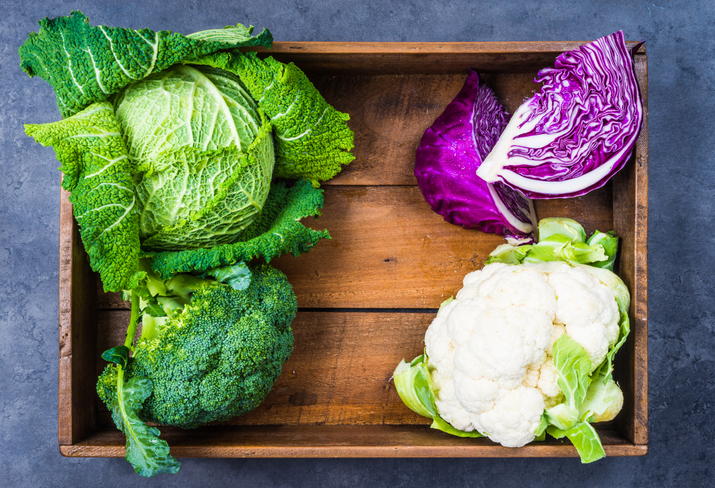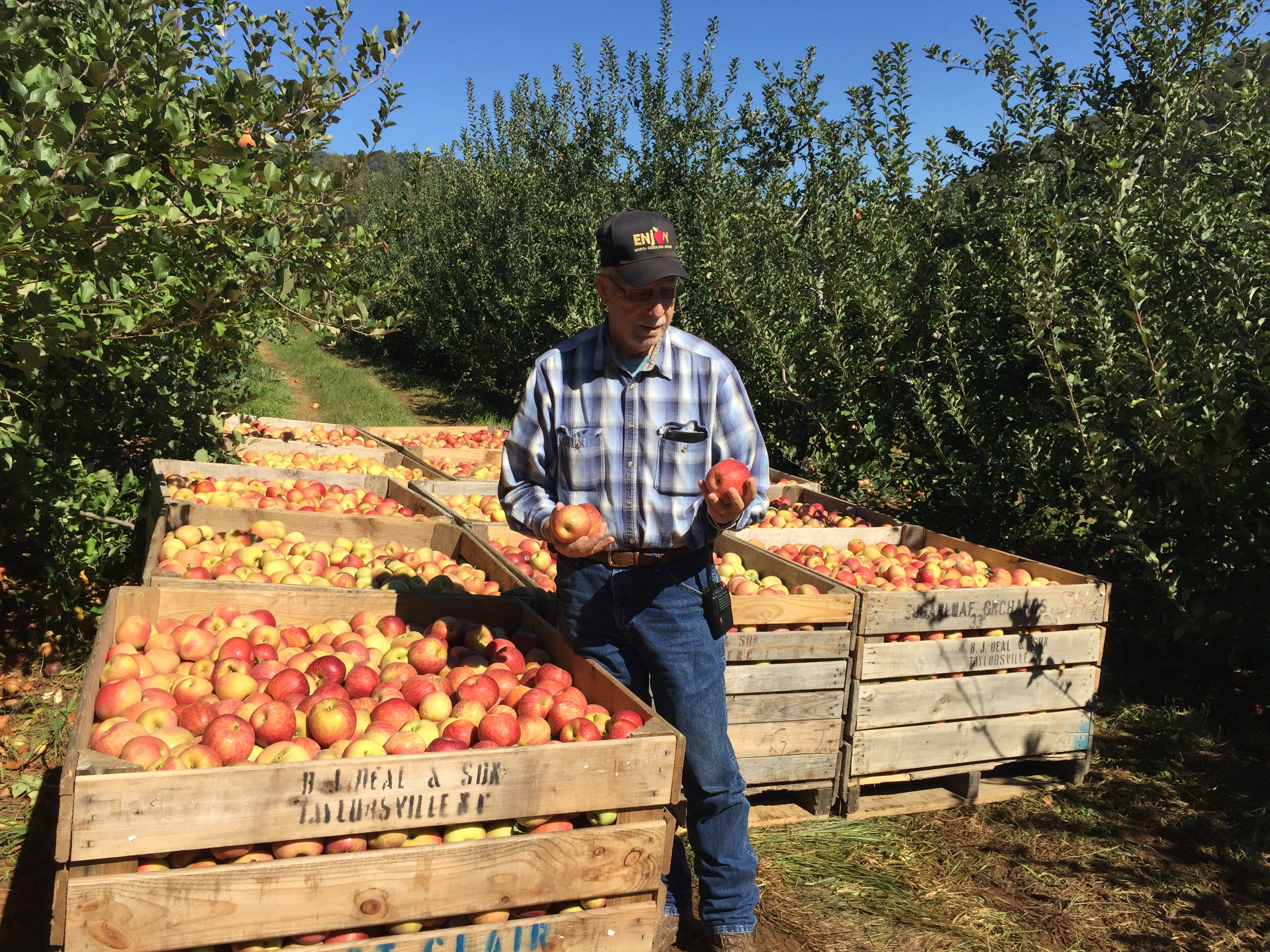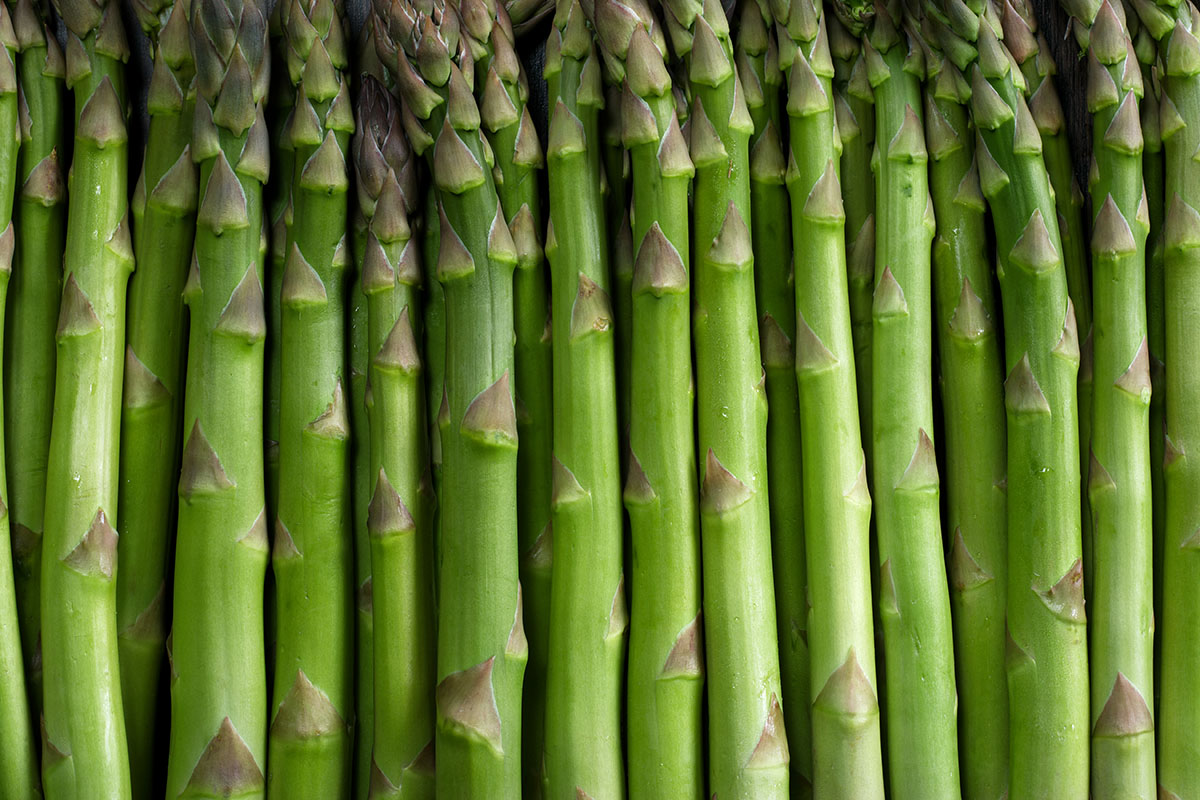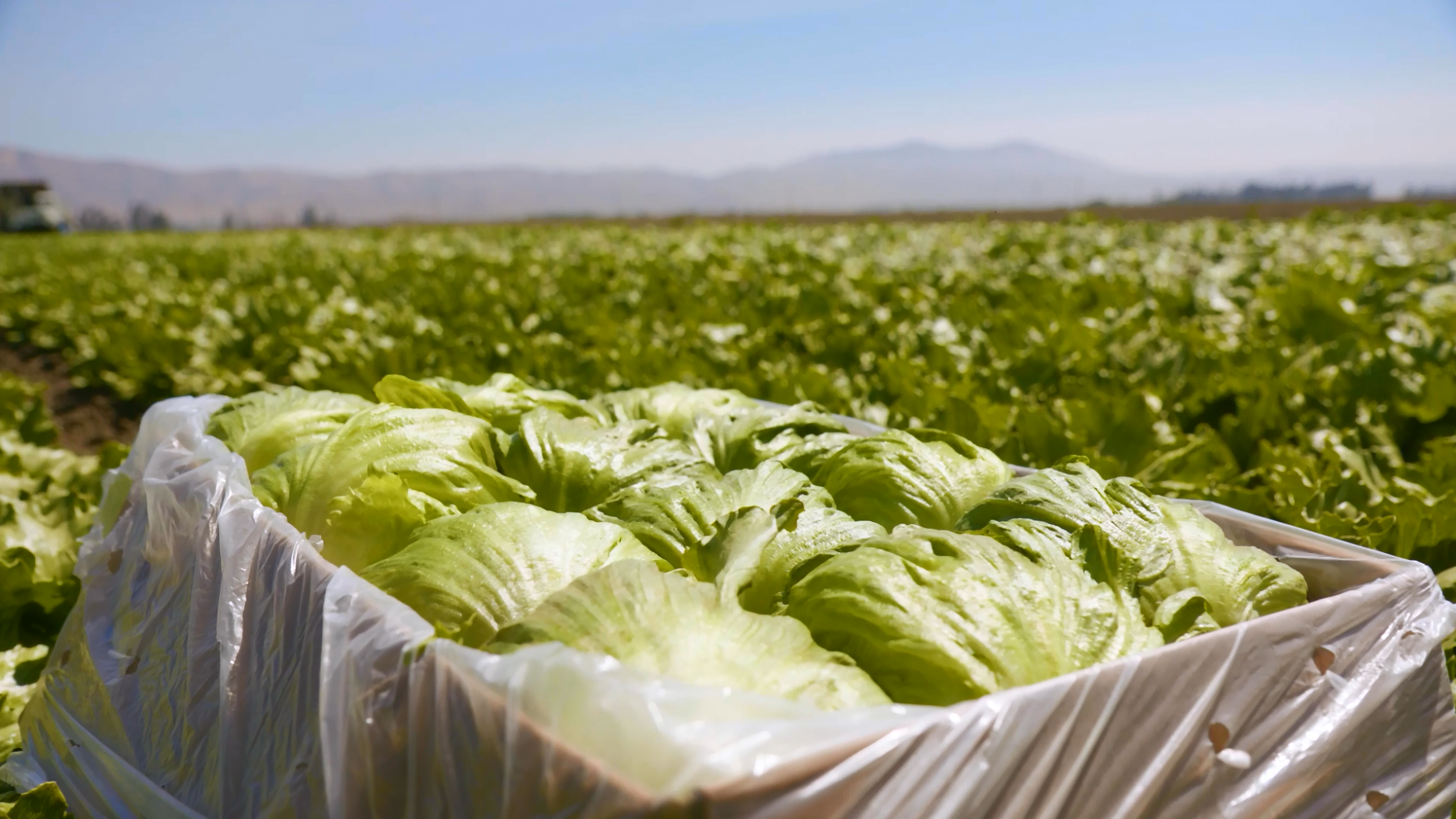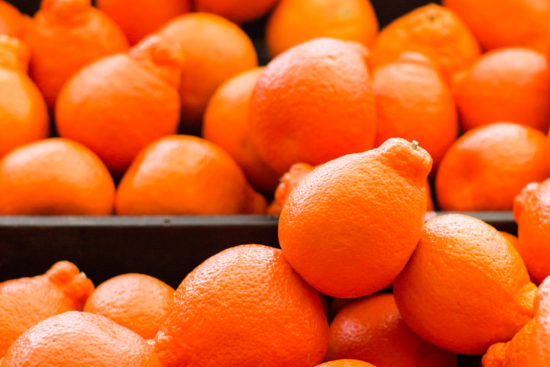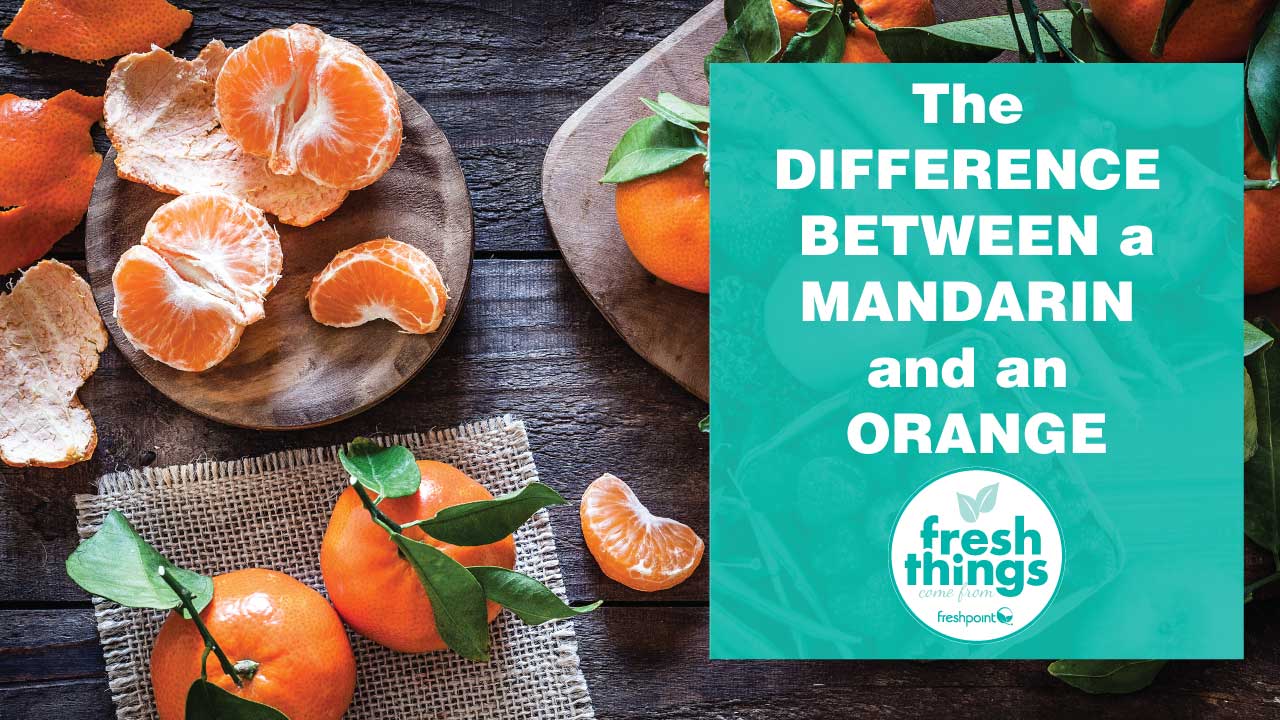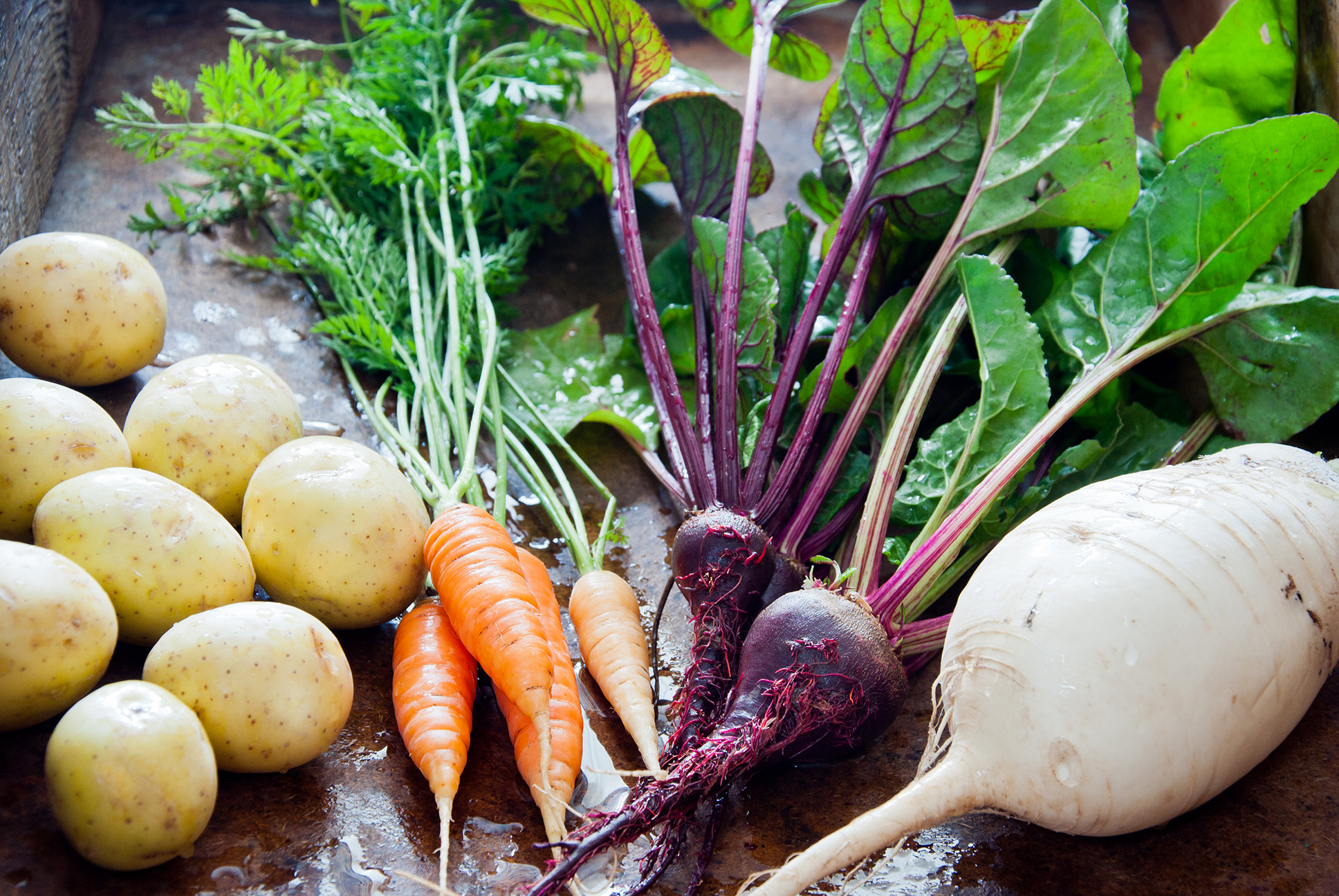Filtered by: Our Fresh Produce Articles
What are the different types of eggplant?
Produce 101: Cucumbers
Produce 101: Stone Fruit
Produce 101: Peas, Beans, and Corn
Produce 101: Melons
Produce 101: Tropical Fruit
Produce 101: Banana Guide
Produce 101: Peppers
Produce 101: Potatoes
Fresh Things Video: Using Sea Beans
Produce 101: Cruciferous Vegetables
Why Local Farmers Need You
Produce 101: Asparagus
The Art of Culinary Cocktails and Mixology
The Significant Cost Benefits of Natural Brand
Several years ago, I was on a customer call with a sales associate. The customer asked us for our price on 24ct iceberg head lettuce. When the marketing associate quoted the current price, the customer said that our price was about 20% too high.
We both walked away from the call perplexed and wondering, “How could our competitors’ price be so much better than ours when we are the leader in the industry?”
The Honeybell Orange: a sweet, but short season
2019 Culinary Trends: What Our Experts are Talking About
Fresh Things Video: The Difference Between a Mandarin and an Orange


